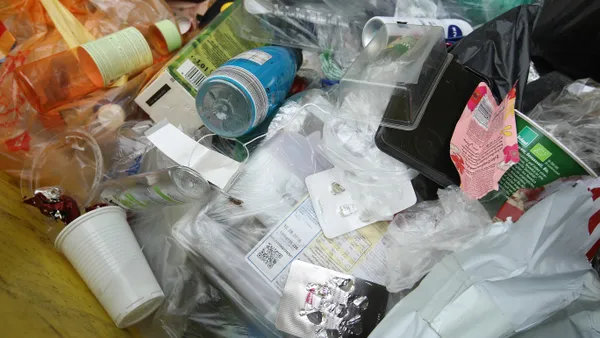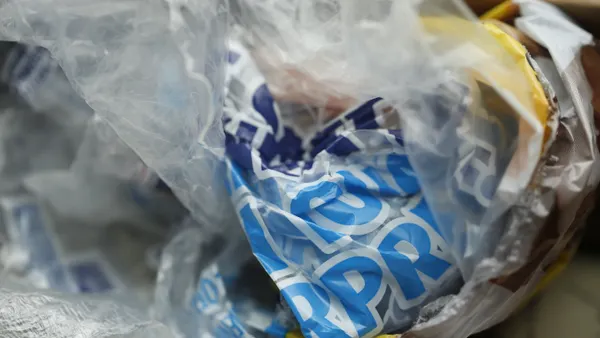Dive Brief:
- Most of the electronic waste generated in Beijing, China is sent to Dongxiaokou. Known for processing e-waste, the village is slated for demolition as new development plans get underway.
- Currently, e-waste collectors from the village bike to Beijing to collect electronics that are sold to processors or shops that refurbish used products.
- At one time, Dongxiaokou had about 30,000 people involved in the e-waste industry, which consists primarily of small companies. These independently established entities are not monitored by the government, and therefore are not regulated.
Dive Insight:
Although the electronics go unregulated in Dongxiaokou, China's "Green Fence" has altered the recycling climate around the world, including the United States. In February of 2014, E-Waste Systems announced a $30 million investment that will be used to expand its operations into China.
At this point, the government has made no mention about what the future holds for the Dongxiaokou workers who are so dependent on the e-waste industry, or what to do with the e-waste after the town disappears. Forecasts project that electronic waste is the fastest growing waste stream in the world, with analysts estimating that worldwide e-waste will reach 65 million tons by 2017.









